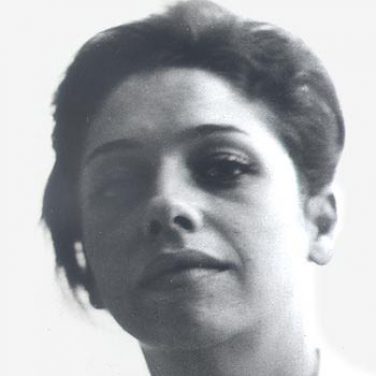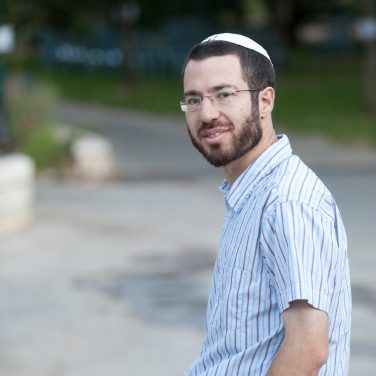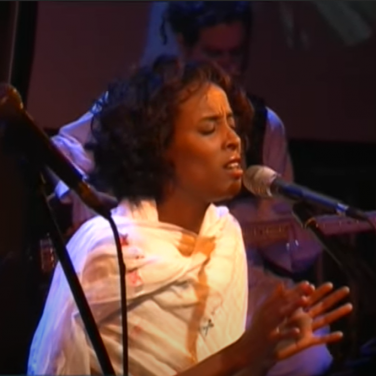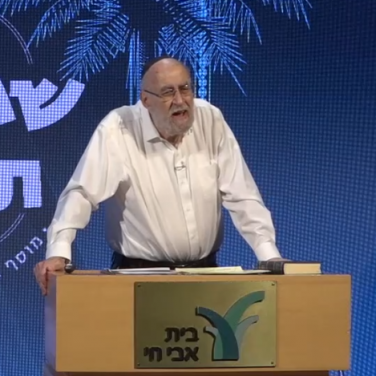To tread this life with a hidden song
Efrat Bigman writes about Zelda
 שוק החיים הצבעוני, הרעשני, מסיח הדעת. צילום: twenty20photos, Envato Elements. צילום זלדה: מתוך הסרט "אישה פשוטה, זלדה", מיזם העברים
שוק החיים הצבעוני, הרעשני, מסיח הדעת. צילום: twenty20photos, Envato Elements. צילום זלדה: מתוך הסרט "אישה פשוטה, זלדה", מיזם העברים
Zelda | Ani Tzipor Meitah
“Praise waiteth for Thee” (Psalms 65:2) Rosh Hashanah is called in the Bible “Yom Hazikaron”, Remembrance Day. The question is, remembrance of what? In a world in which remembrance days are dedicated to the fallen, the lost, or to wars, this remembrance speaks to me in a different language. I think of it specifically perhaps in the vocabulary of the world of computing. Memory is the volume available for storage, the capacity for containing. Our everyday lives burden us with countless different details from different life contexts, a flood of information that demands reading and response, availability, enticing us to more. Not infrequently this causes us to be much slower, easily distracted, holding multiple different conversations at the same time, making embarrassing mistakes, and being very unfocused. Like an overloaded computer memory, the quality of our performance is considerably lower than it could have been. In rare moments of cleanliness we are able to recognize the considerable distance between us and our wishes, between us and how we dreamed we and our environment would be, and it is possible to acknowledge the difficulty of finding emotional availability and quiet. This, as I see it, is how Zelda’s poem “I Am a Dead Bird” begins: “I am a dead bird / a single bird that died. / A bird wrapped in a grey coat / As I walk, a jester lets loose before me.” The feeling that these lines leave us with is a sense of emotional death, emptiness and inaction, a grey coat, a grey life, a tough inner feeling that we are so far from our goal. From the path. From home. Often the feeling before Rosh Hashanah may be similar. The multitude of tasks left from the previous year are still snapping at our heels and waiting to be dealt with on our desk, even as we are pushed and crammed into its sister waiting at the door: And when will we find refuge from time that has the power to turn gold into flowering dust? The second stanza of the poem, as it were, allows the memory to be formatted. For a fraction of a second, to clear out all the accumulated storage: “Suddenly your silentness enveloped me – eternal one.” This silentness, like the thin silence that Elijah heard after the appearance of the wind, the noise and the fire, appears to be the heart of the entire matter. The place where the sublime is present. This silentness has the power to negate the everyday bustle, and bring out a firm foundation of was-is-will be. The victory of the individual over passing time. Once again the cells of the soul and the body are free, and awaken to life, extricated from the grey coat. The storage, compressed and crowded with countless unimportant details, is eliminated and erased and frees up plenty of room for one single piece of information: the whole earth is filled with His glory. This information echoes with the full force of His silence, silence that may be of fixed duration, but one that makes a deep impression. Rosh Hashanah, the beginning of the new year, has been chosen to be a remembrance day on which the sound of the shofar is heard again, demanding that we disconnect from the familiar buzzing routine, and inviting us to a sharp and clear moment of silence. The vitality of the One God emerges clearly in the ‘Malchuyot’ verses said in the Amida of the Rosh Hashanah Musaf prayers, which are entirely devoted to glorification of our Master and King, and continues to appear in the blast of the shofar throughout the day. The presence of the King is not intended to push aside the place of the human, temporary individual, but the reverse. It is as if the memory of the constant existence of God seems to allow a hidden opening in the daily noise for a recollection of one of the one-time moments that exist in the image of each of us: “In a bustling market, a dead bird will sing – / only you exist. / In a bustling market hobbles a bird with her song / Concealed.” It seems that the encounter between the colorful, noisy, distracting market of life and the one-time moment in which one can only experience the existence of God for a split second – this is what awakens the dead bird to sing. It is this that brings the grey bird back to life. Makes it possible to leave grey routine by an emergency exit, and remember that we have a choice as to whether to make room so that the soul hidden within us can make its voice heard and move about more freely. Allowing us to hobble though this life with a concealed song.
Translation: Michael Yaari (credit back to source)
I am a dead bird,
A single bird that died.
A bird wrapped in a grey coat.
As I walk, a jester lets loose before me.
Suddenly your silentness enveloped me –
eternal one.
In a bustling market, a dead bird will sing –
only you exist.
In a bustling market hobbles a bird with her song
concealed.
Efrat Bigman is a poet and bibliotherapist. Enchanted by the power of the written word in creative work and in the soul, owner of the website “Shira Shimushit” (“Useful Poetry””).
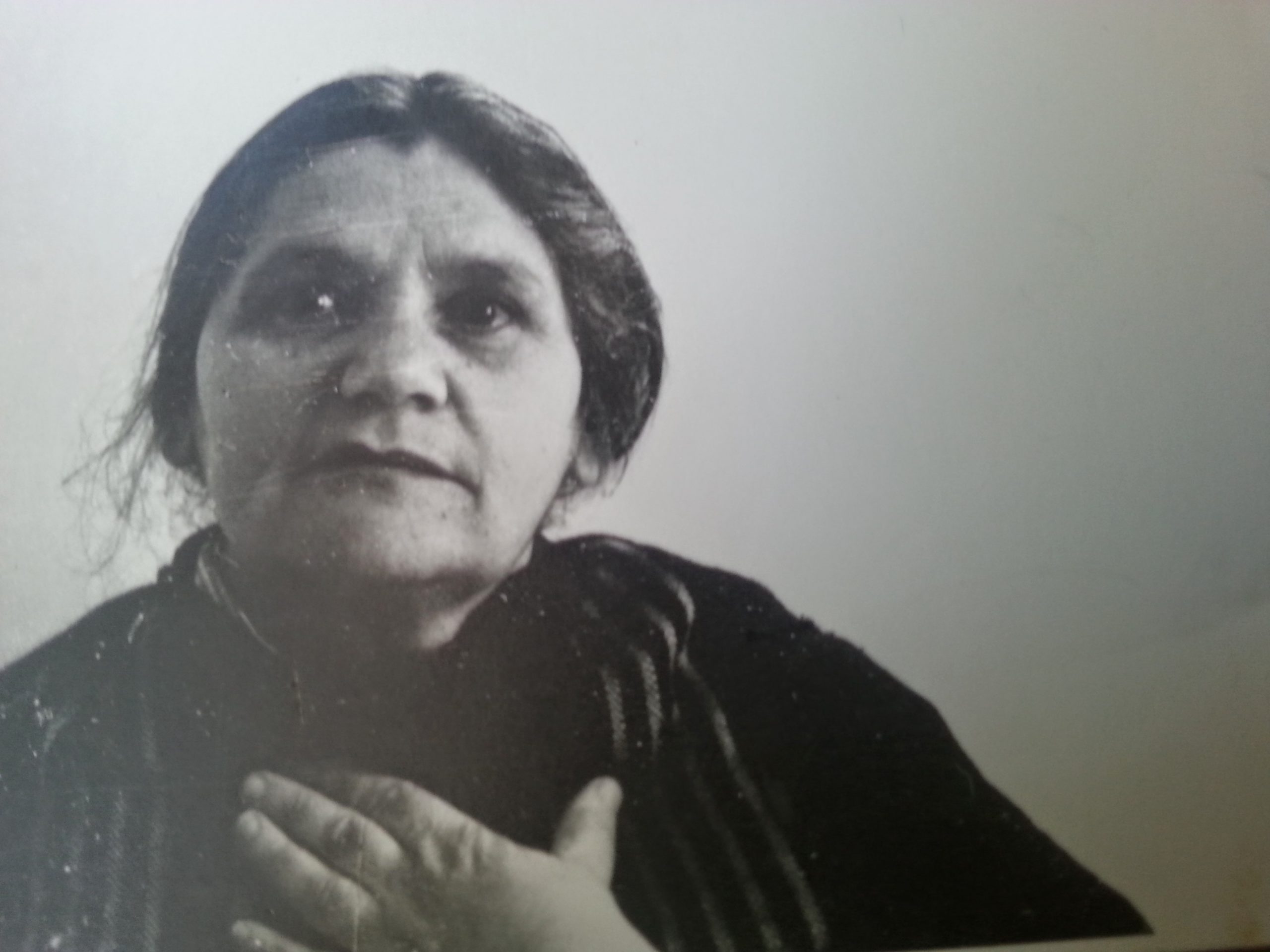
המשוררת והביבליותרפיסטית אפרת ביגמן כותבת על השיר "אני ציפור מתה" של זלדה



